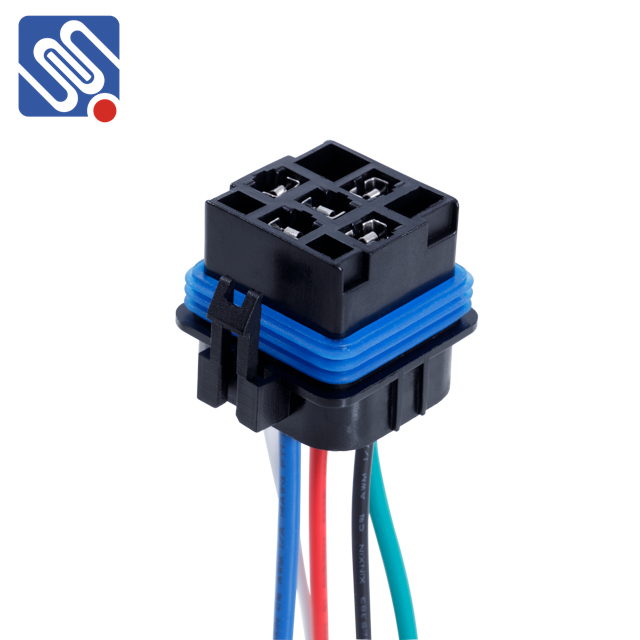understanding relay connectors: their importance and applications
Release time:2025-04-26 06:59:48
Relay connectors are integral components in electrical circuits, serving as essential parts that facilitate the smooth operation of electronic devices, machinery, and systems. These connectors are specifically designed to link relays—electromechanical switches used for controlling electrical signals—and the devices that relay those signals to. By ensuring reliable and secure connections, relay connectors enable precise control over a variety of applications, from industrial machinery to automotive systems and home appliances.

What Are Relay Connectors?
A relay connector is a specialized electrical connector used to interface relays with other components in a circuit. It provides the necessary connection between the relay’s contact pins and the external wiring, allowing electrical signals to flow seamlessly between different parts of the system. These connectors come in a variety of designs and configurations, ensuring that the right type can be selected for specific operational requirements.
Relays, which are essentially electromagnetic switches, work by using an electrical signal to open or close a set of contacts. The role of the relay connector is to facilitate the transmission of signals between the relay and the load (the device being controlled by the relay). Therefore, the reliability and performance of the connector are vital for the proper functioning of the relay, ensuring that the electrical current can flow safely and efficiently.

